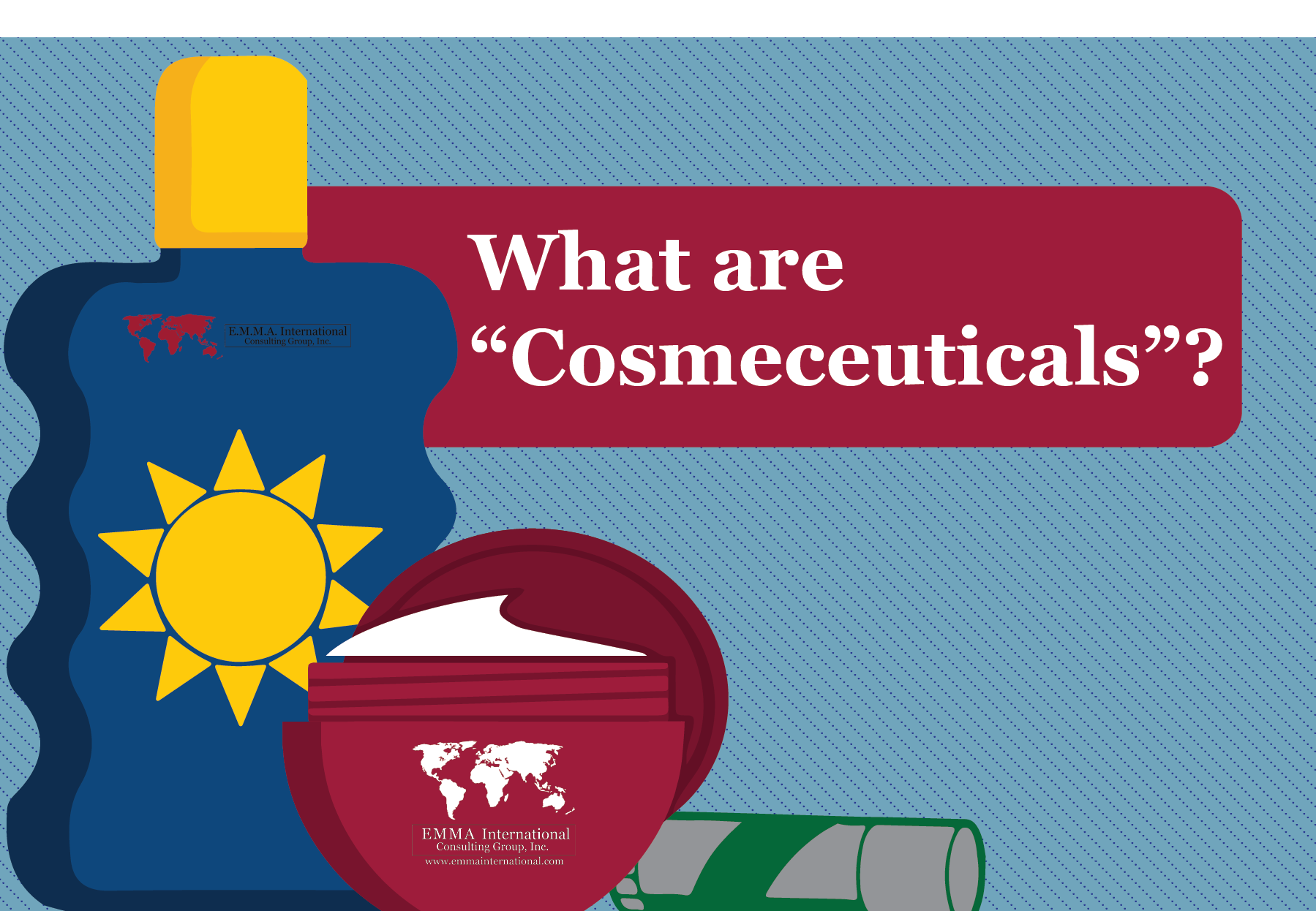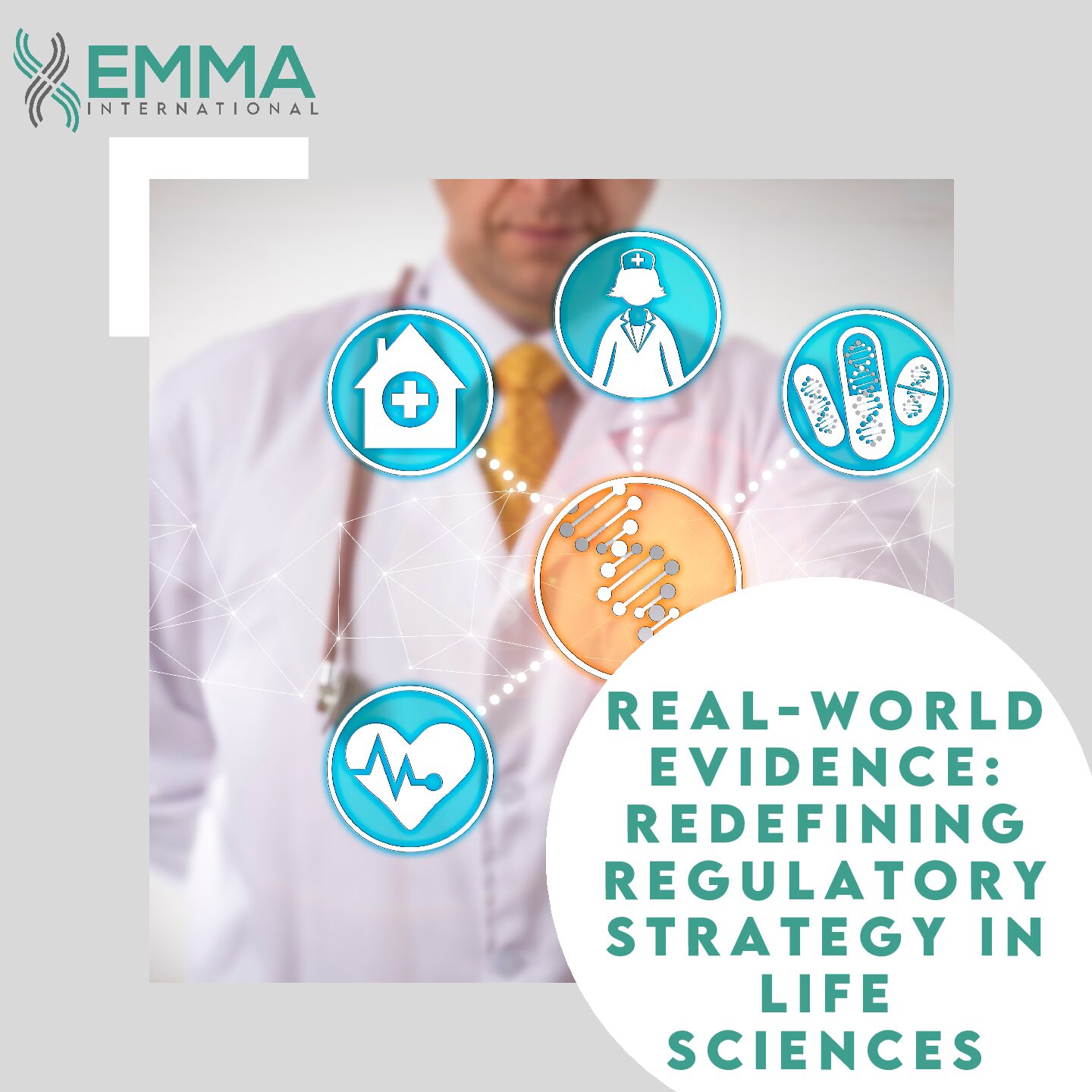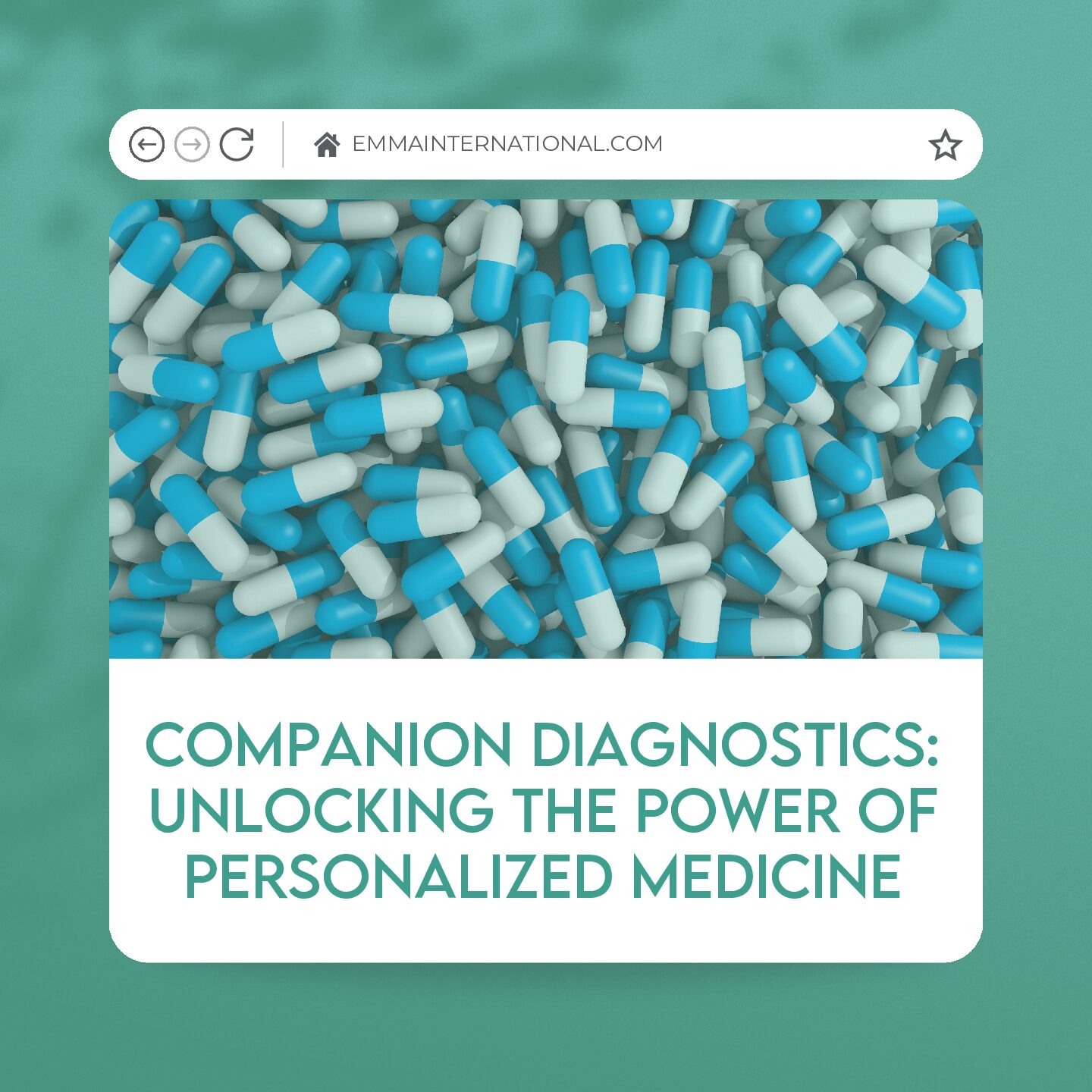The term “cosmeceutical” has become popular in recent years to describe a cosmetic product that claims medicinal benefits. While those in the cosmetic industry use the term to advertise the ingredients and benefits of their products, the FDA does not legally recognize the term. According to the FD&C Act, drugs are “articles intended for use in the diagnosis, cure, mitigation, treatment, or prevention of disease” [FD&C Act, sec. 201(g)(1)], while a cosmetic is anything “applied to the human body…for cleansing, beautifying, promoting attractiveness, or altering the appearance” [FD&C Act, sec. 201(i)]. Once a product has made a claim that it’s intended use will affect some function of the body, such as restore hair growth or regenerate cells for anti-aging purposes, then it has crossed the line into what the FDA defines as a drug.
While both drugs and cosmetics are regulated under the FDA, they have different rules and regulations surrounding them; drugs are regulated by 21 CFR 210 and 211 and cosmetics are regulated by 21 CFR 700 and 701. One example of a difference in regulations is that drugs must go through the entire FDA approval process before being released to the market, while cosmetics do not require approval. Most drugs that are used in cosmetic products are considered over the counter (OTC), such as sunscreens or treatments for dandruff, which still must follow FDA requirements and have their own specific set of rules titled OTC monographs1. The approval process isn’t the only thing that’s different: the good manufacturing practices (GMPs), registration, and labeling requirements all differ between a drug and a cosmetic.
The FDA has issued warning letters to several firms that advertised drug claims associated with their products. In many cases, the FDA cites claims directly from the firm’s labeling or promotional materials which indicates it’s intended use as a drug. Since the FDA does not recognize the products as safe and effective for their intended use, they are considered “new drugs” and must go through the relevant approval process before being released to the market.2 For a majority of cosmetic firms, the approval process will follow the OTC monographs unless the drug they are using is something that would require a prescription.
Have questions about the current drug regulations or need help ensuring you are compliant with the FDA? Contact us at 248-987-4497 or info@emmainternational.com.
1FDA (August 2018) Is It a Cosmetic, a Drug, or Both? (Or Is It Soap?) retrieved on 08/26/2019 from https://www.fda.gov/cosmetics/cosmetics-laws-regulations/it-cosmetic-drug-or-both-or-it-soap
2FDA (June 2019) Warning Letters Address Drug Claims Made for Products Marketed as Cosmetics retrieved on 08/27/2019 from https://www.fda.gov/cosmetics/warning-letters-related-cosmetics/warning-letters-address-drug-claims-made-products-marketed-cosmetics





